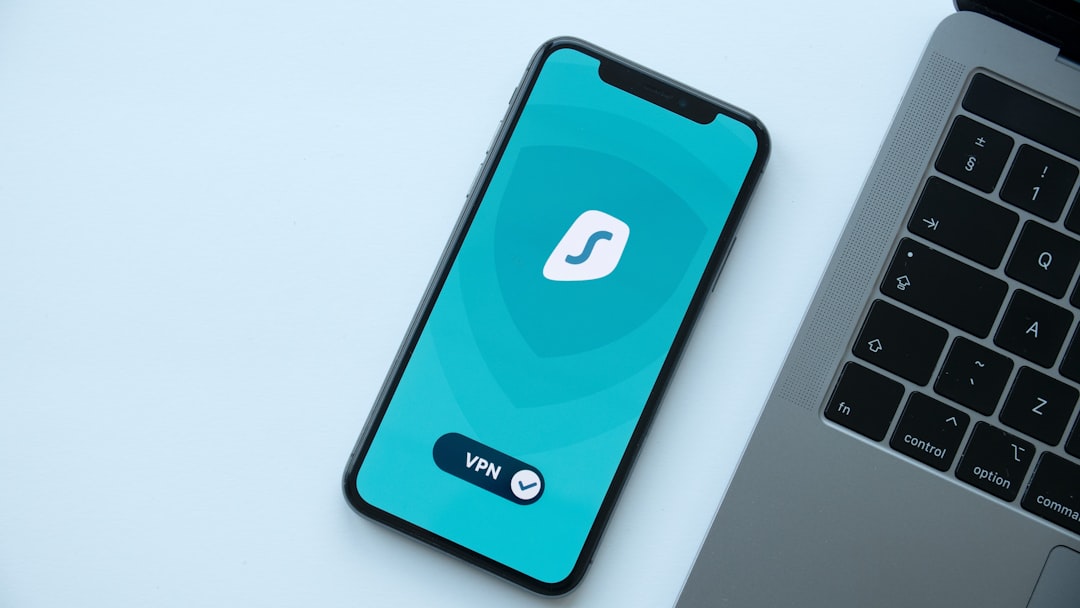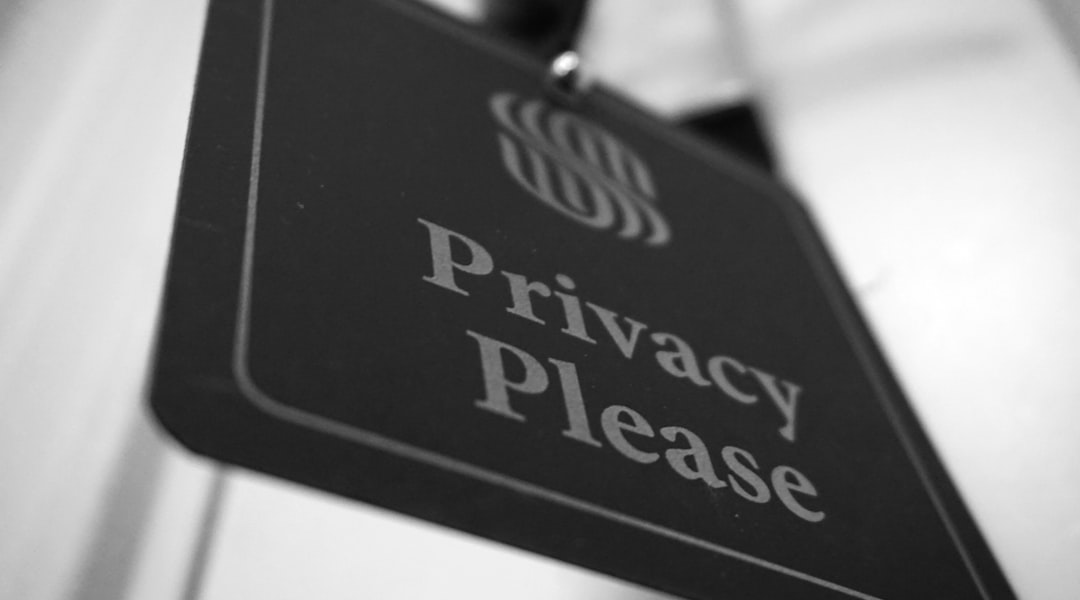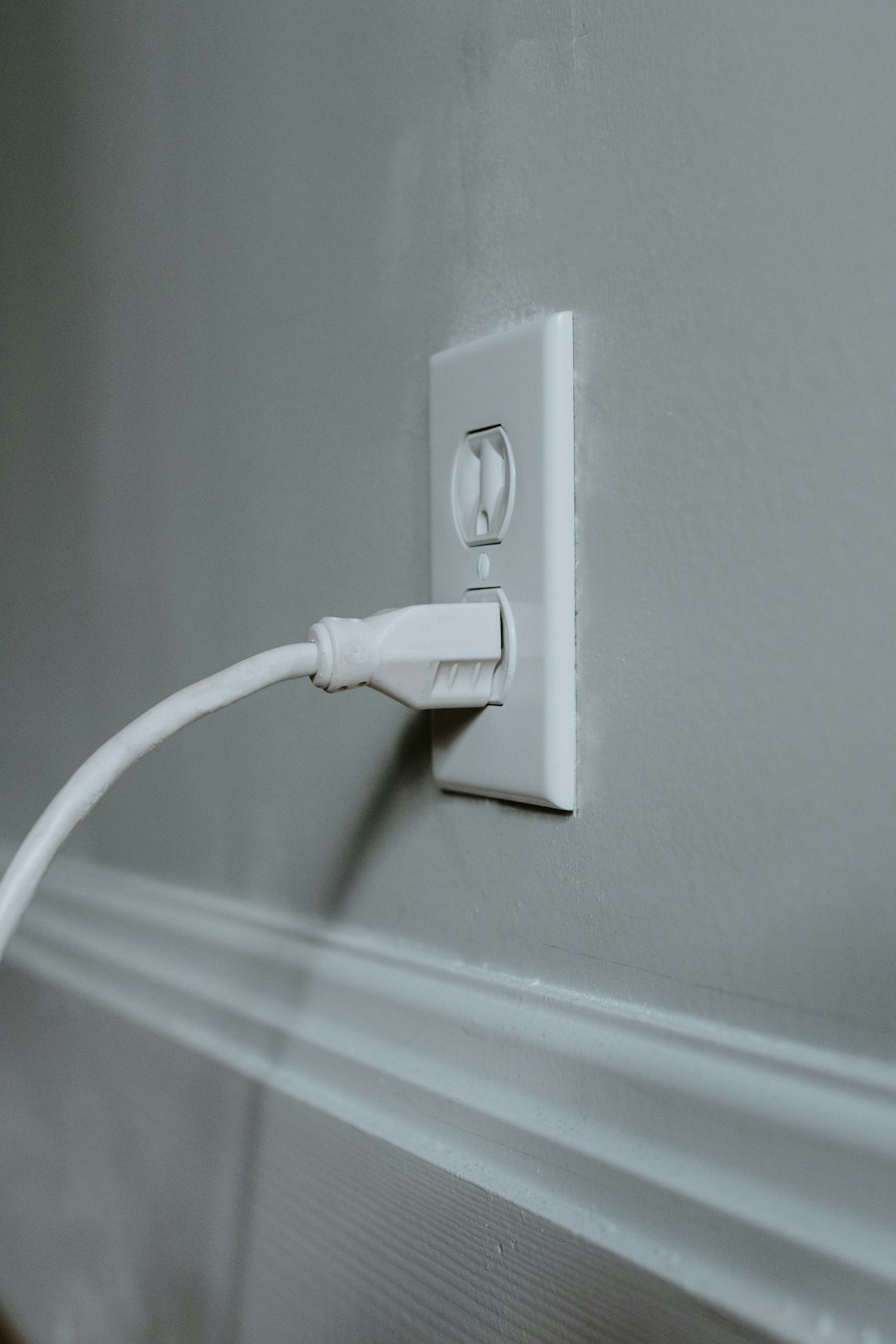In today’s digital age, privacy and security are top concerns for internet users. One of the most effective tools for protecting online activity is a Virtual Private Network, or VPN. As cybersecurity threats grow and personal data continues to be a valuable commodity, more Americans are turning to VPN services—but many still wonder: Are VPNs legal in the U.S.? Understanding the legality of VPNs is essential for American users who value their privacy and freedom online.
Understanding What a VPN Is
A VPN, or Virtual Private Network, is a service that encrypts your internet connection and routes your traffic through a secure server. This process masks your IP address and allows you to browse the internet anonymously. In addition to improving privacy, VPNs can also help bypass geographic restrictions on content and protect sensitive data on public Wi-Fi networks.

Are VPNs Legal in the United States?
The short answer is: Yes, VPNs are completely legal to use in the United States. There are no federal laws that prohibit the use of VPNs by individuals. In fact, many businesses and organizations use VPNs every day to secure their data and enable safe remote work environments. Whether you’re a casual internet user or a company seeking to protect confidential information, using a VPN is well within your legal rights.
However, the intent behind using a VPN plays a crucial role. While the technology itself is legal, using a VPN to engage in illegal activities (such as downloading copyrighted materials without permission or accessing dark web marketplaces for illicit deals) is not allowed. The same laws that apply to online activity without a VPN also apply when using one.
Benefits of VPN Use
There are several reasons why Americans are adopting VPN technology:
- Enhanced Privacy: VPNs shield your online activity from ISPs, hackers, and even government surveillance.
- Secure Browsing: Public Wi-Fi networks are notorious hotspots for cyberattacks; VPNs encrypt your data to prevent unauthorized access.
- Streaming Freedom: VPNs can help bypass geographic restrictions on platforms like Netflix and Hulu.
- Remote Work: Businesses use VPNs to allow employees to securely access internal systems from remote locations.

When VPN Use May Attract Scrutiny
Although VPNs are legal, certain behaviors may draw attention from authorities or violate terms of service on websites. Consider these examples:
- Bypassing geo-blocks: While not illegal, accessing foreign versions of streaming services may violate a platform’s terms of service.
- Committing cybercrimes: Using a VPN doesn’t make illegal activities any less unlawful. Cybercrime laws still apply.
- Government surveillance: Although the U.S. does not outlaw VPNs, it does monitor internet activity, and encrypted traffic from VPNs might be scrutinized more closely under certain circumstances.
It’s important to use a reputable VPN provider with a strong no-log policy to maximize both security and user privacy.
Are There Any Exceptions?
While VPNs are legal at the federal level, certain government or corporate environments may restrict their use. For example, workplaces or schools may block VPN ports or prevent installation on local devices. Violating these policies may result in disciplinary action, but they don’t affect the legality of VPNs within the wider U.S. legal framework.
Frequently Asked Questions
-
Q: Can I be fined or arrested for using a VPN in the U.S.?
A: No, using a VPN is completely legal as long as it’s not used for illegal purposes. -
Q: Do VPNs make me completely anonymous online?
A: Not entirely. While VPNs greatly increase privacy, complete anonymity online is difficult to achieve. Always follow best cybersecurity practices. -
Q: Are free VPNs safe to use?
A: Free VPNs often come with limitations, such as weak encryption or data logging. It’s generally safer to invest in a trusted, paid VPN service. -
Q: Can a VPN protect me from hackers on public Wi-Fi?
A: Yes, this is one of the key benefits of VPN use. By encrypting your data, it becomes nearly impossible for hackers to intercept your information on public networks. -
Q: Will using a VPN slow down my internet connection?
A: Some VPNs may slightly reduce speed due to encryption processes, but high-quality providers minimize this impact effectively.
In conclusion, using a VPN in the U.S. is a legal, safe, and often smart way to safeguard your digital life. However, it’s important to use this technology responsibly and in accordance with both the law and the terms of service of the services you access online.
